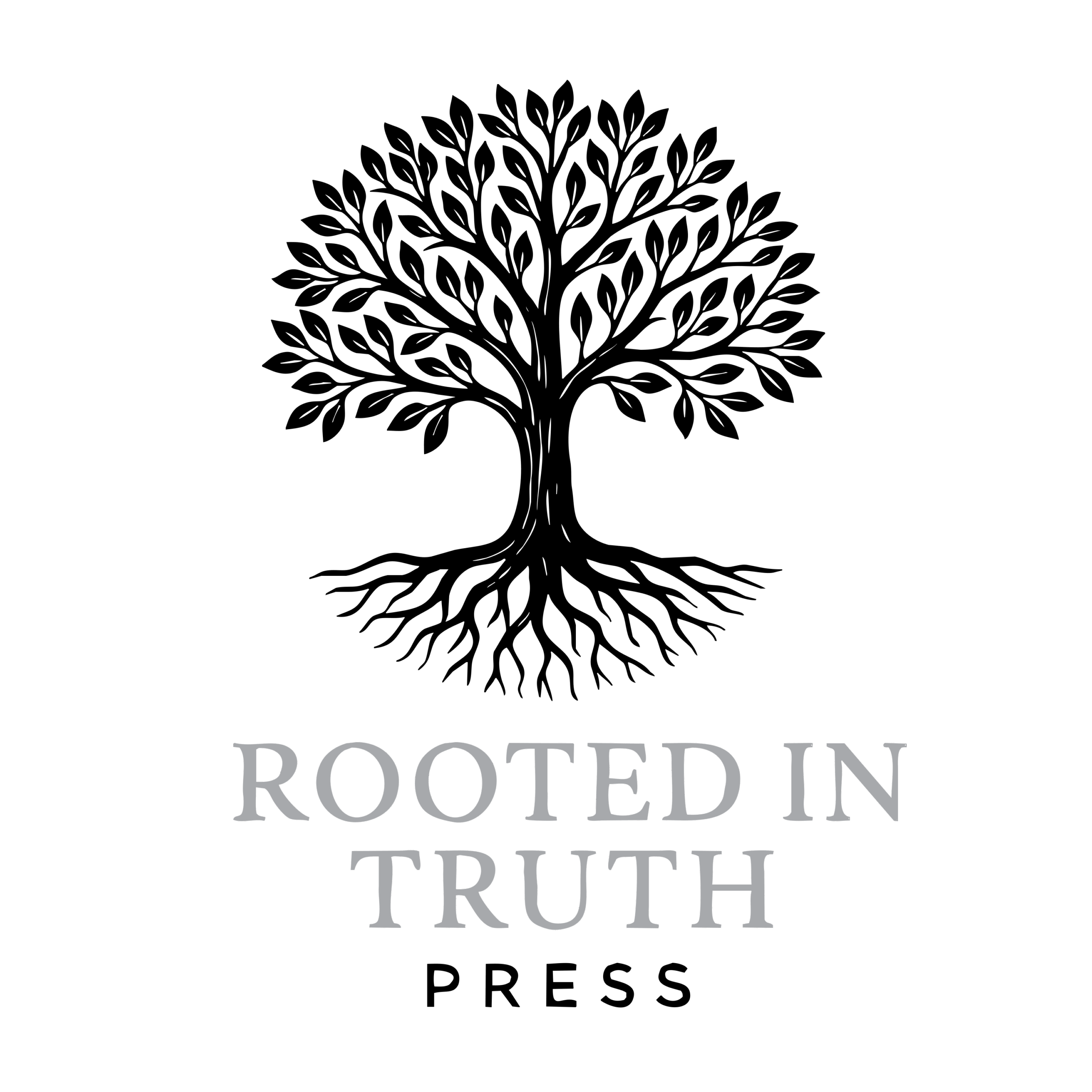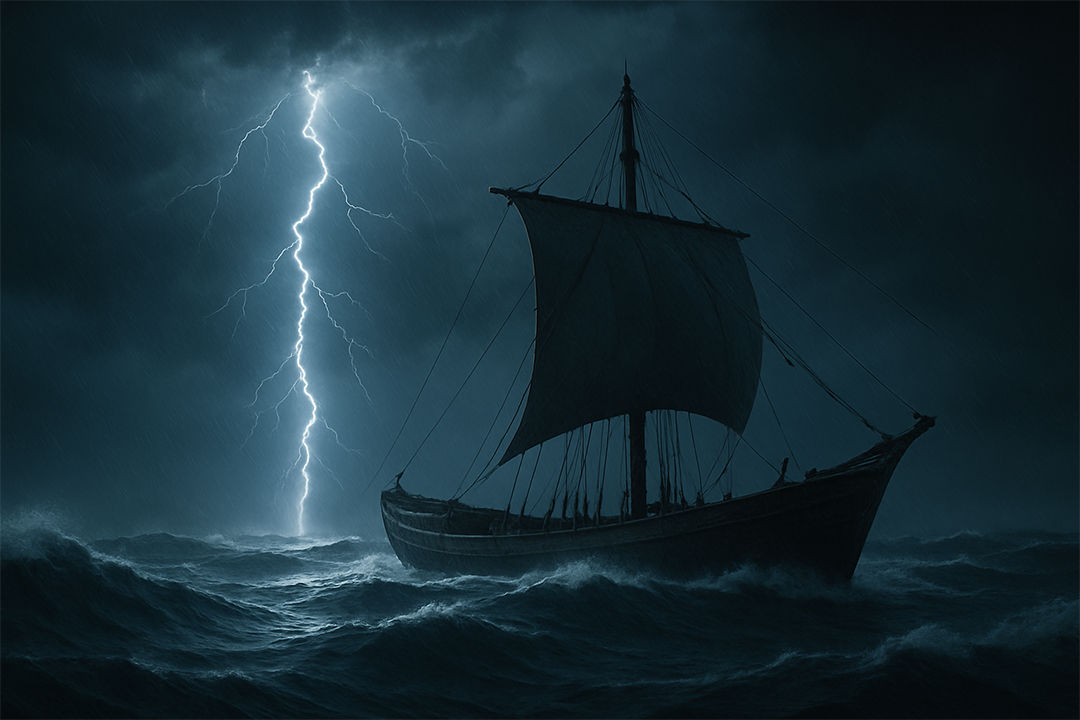Not a story about a Fish
I was profoundly moved by today’s sermon, delivered by our gifted pastor. I’ve read the Bible cover to cover more times than I can count. Lately, I’ve even started handwriting it—line by line—to draw closer to God’s Word, to slow down, reflect, and truly absorb every passage. But today, something changed. I saw the book of Jonah in a way I had never seen before.
It struck like lightning and rumbled like thunder. The Holy Spirit stirred within me and said, ‘Pay attention—this is for you.’
And now, I believe it may be for you too.
This isn’t just a story about a fish. It’s a mirror. A call to self-reflection. A prophetic confrontation with the parts of us that run from God’s calling.
So lean in. Read slowly. Don’t miss what God might be speaking to your heart today.
Jonah Chapter 1: Running the Wrong Way
“The word of the Lord came to Jonah son of Amittai: ‘Go to the great city of Nineveh and preach against it, because its wickedness has come up before me.’ But Jonah ran away from the Lord…”
— Jonah 1:1–3 (NIV)
A Real Prophet, A Real Problem
When we read Jonah, many of us picture a children’s story: a boat, a storm, a giant fish, and a reluctant prophet. But Jonah is no myth. Scripture roots him firmly in history, referencing him in 2 Kings 14:25 as a prophet during the reign of Jeroboam II. He wasn’t known for boldness or righteousness. In fact, he supported a wicked king and prophesied favorably toward him—an act that would’ve made him popular in political circles, but not necessarily faithful to God’s heart.
Yet God called that Jonah. A man of contradiction. A man favored by men but still chosen by God to carry a message of mercy to the enemies of Israel.
Nineveh: The Last Place He Wanted to Go
Nineveh wasn’t just another city. It was the capital of Assyria—Israel’s brutal enemy. They were known for torture, terror, and wickedness. From a human standpoint, Jonah had every reason to want to see Nineveh wiped off the map.
But God doesn’t operate on human vengeance.
When God told Jonah to go 550 miles northeast to Nineveh, Jonah headed 2,500 miles west toward Tarshish—literally the edge of the known world at the time. He wasn’t just trying to escape his calling—he was deliberately fleeing from God’s heart.
He didn’t fear Nineveh’s violence. He feared their repentance.
The Mirror in the Story
This story isn’t just about Jonah. It’s about us.
Jonah’s journey is a mirror. It’s about what we’re running from—not what we’re running toward.
Are we resisting a call to forgive someone who wronged us?
Are we avoiding a ministry, conversation, or purpose because deep down… we don’t want it to succeed?
Do we withhold mercy because we think someone deserves judgment?
This could be about the conversations we avoid, counseling, addressing a problem such as alcoholism, health, it applies in so many ways. And we need to reflect on that.
Jonah ran not because he was afraid of failure—but because he feared success. He knew that if he preached and they repented, God would forgive them. And he couldn’t bear the thought of mercy given to those he hated.
The Storms That Redirect Us
“But the Lord sent a great wind on the sea…” (Jonah 1:4)
God didn’t send the storm to destroy Jonah—but to reclaim him.
How often do we assume life’s storms are punishment, when they’re actually providence?
God may send a storm—not to break you, but to bring you back. He may shake your boat, stir the waters, or even toss you overboard to realign your steps with His will.
Sometimes the grace of God comes not in comfort—but in course correction.
What’s Your Tarshish?
Every one of us has a Tarshish. That “far away place” we run to in order to avoid obedience.
For some, it’s busyness. For others, it’s bitterness. Maybe it’s a refusal to forgive, or a desire to see someone “get what they deserve.”
But here’s the truth: God isn’t looking for perfection in His prophets—He’s looking for surrender.
The question isn’t whether God can use you. It’s whether you’ll stop running.
Reflection Questions
- What calling or conviction have I been running from?
- Is there someone I’ve written off as “too far gone” to receive God’s grace?
- Have I mistaken storms in my life as punishment when they might be redirection?
Closing Prayer
Father, thank You for loving me even when I run. Forgive me for the times I’ve chosen comfort over calling. Help me to see the Ninevehs in my life through Your eyes—not as enemies to be judged, but as souls to be redeemed. May I not run from Your will but toward it, knowing that Your ways are higher and Your mercy deeper than I can comprehend. Use even the storms to draw me close. In Jesus’ name, Amen.
Further Knowledge:
Is the book of Jonah a prophetic book?
Yes, the Book of Jonah is officially classified as a prophetic book—but it’s very different from the other prophetic writings.
Here’s how it fits:
- Canonically: Jonah is listed among the Twelve Minor Prophets in the Hebrew Bible (Tanakh) and Christian Old Testament.
- Traditionally: He is considered a prophet of God, both in Jonah 1:1 (“The word of the Lord came to Jonah son of Amittai…”) and in 2 Kings 14:25, where Jonah is mentioned as a prophet who prophesied during the reign of Jeroboam II.
But here’s what makes Jonah unique:
Unlike other prophetic books (Isaiah, Jeremiah, Amos, etc.), which focus on the spoken prophecies of the prophet, Jonah is a narrative about the life of the prophet himself.
Most Prophetic Books
Record God’s message to Israel or other nations
Contain long speeches or oracles from the prophet
Focus on God’s message through the prophet
Book of Jonah
Records Jonah’s reaction to God’s command
Only one line of prophecy: “Yet forty days, and Nineveh shall be overthrown!” (Jonah 3:4)
Focus on God’s dealings with the prophet
Why Jonah Still Matters Prophetically:
- Reveals God’s heart for the nations – Especially toward Gentiles (Nineveh).
- Exposes the struggle within the prophet himself – It’s prophetic not just in content, but in confrontation: a call to reflect on our own hearts.
- Foreshadows Jesus – Jesus Himself references Jonah as a prophetic sign in Matthew 12:39–41 (see also Luke 11:30). Jonah in the belly of the fish three days = a sign of Christ’s death and resurrection.
Watch the Sermon that Inspired this Post
Gwinnett Church: The Book of Jonah Part 1: Nehemiah’s Calling


Leave a Reply